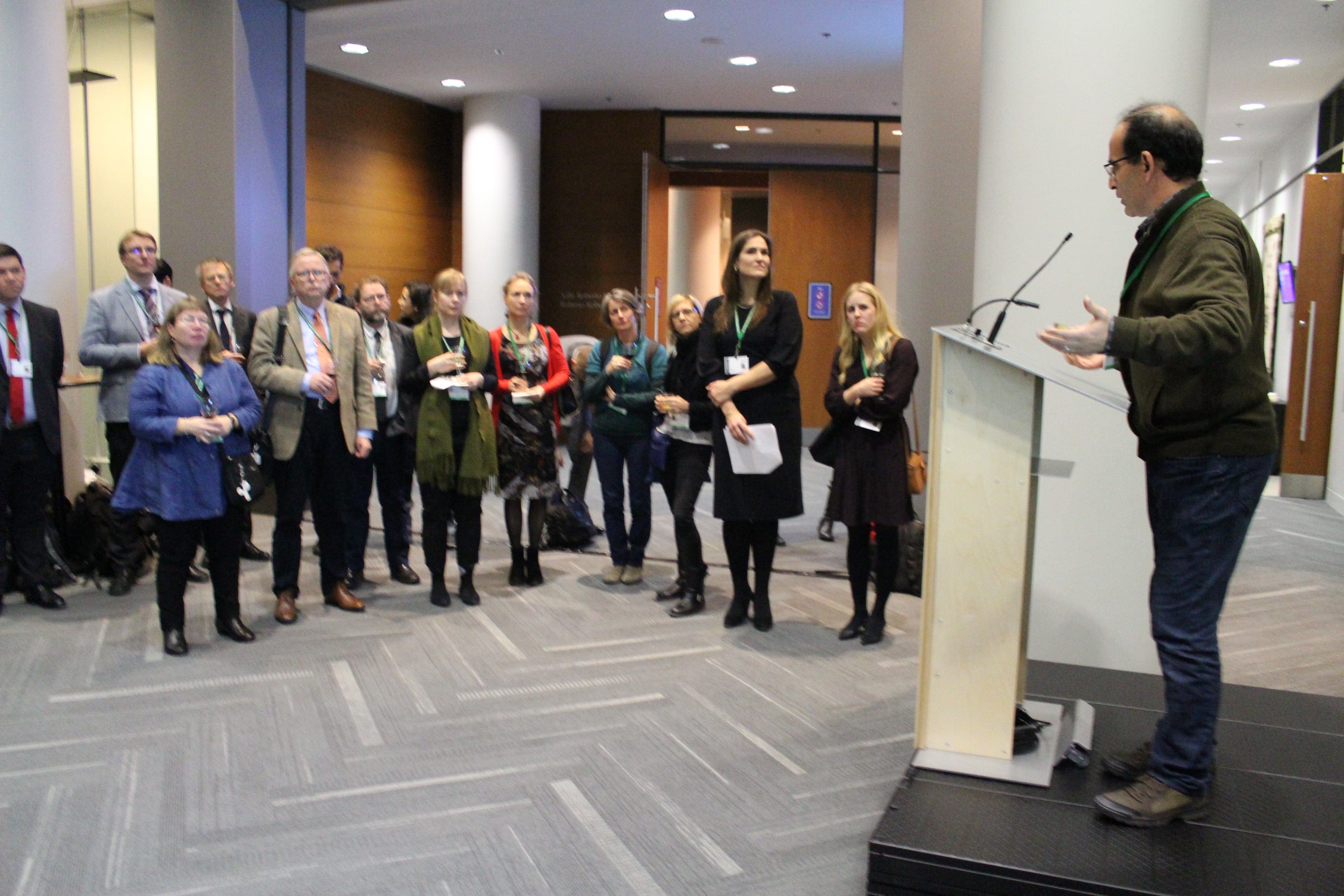Recap: Promote Pollinators at SBSTTA-23
From the 25th until the 29th of November, the Subsidiary Body on Scientific, Technical and Technological Advice hosted its 23rd meeting (SBSTTA-23) at the ICAO-Building in Montreal, Canada. The Promote Pollinators secretariat was present, delivering a short statement to the Post-2020 framework of the Convention on Biological Diversity (CBD) on Tuesday, and hosting both a Members’ Meeting and a Sign-Up Session to welcome new members on Thursday.
Proposal to the CBD Post-2020 framework
At the center of SBSTTA-23 were deliberations on CBD’s Post-2020 framework. In 2020 the CBD will adopt a post-2020 global biodiversity framework as a stepping stone towards the 2050 Vision of “Living in harmony with nature”. During SBSTTA-23, participants were consulted with regard to the first draft of the framework, and could contribute by delivering 3-minute statements during the conference’s Plenary. On Tuesday the 26th of November, secretary Martijn Thijssen on behalf of Promote Pollinators delivered a short statement, proposing that the protection of pollinators should be adopted as a goal in the Post-2020 framework. According to Thijssen we need to recognize and acknowledge pollination as a key element in the conservation of biological diversity. With the proposal, Promote Pollinators aims for the development of a concrete target for pollinators and pollination with an indicator in the post 2020 targets.
The statements made during the SBSTTA Plenary will be taken into account in the upcoming negotiations to develop the post-2020 global biodiversity framework, undertaken by a dedicated open-ended intersessional working group. These negotiations will take place prior to the fifteenth meeting of the Conference of the Parties to the Convention on Biological Diversity in October 2020, when the final decision on the post-2020 global biodiversity framework will, probably, be taken.
Members’ Meeting
On Thursday the 28th of November from 13:00-15:00, the secretariat hosted a meeting to the members of Promote Pollinators. The programme consisted of two presentations and subsequently a group discussion on the organizational model of the coalition.
Present during the Members’ Meeting were: Argentina, Austria, Belgium, CEC, European Union, France, Germany, Morocco, the Netherlands, SCBD, Slovakia, Slovenia, Spain, Sweden, Switzerland, Turkey, the United Kingdom
CEC – Strengthening regional pollinator conservation to secure local benefits
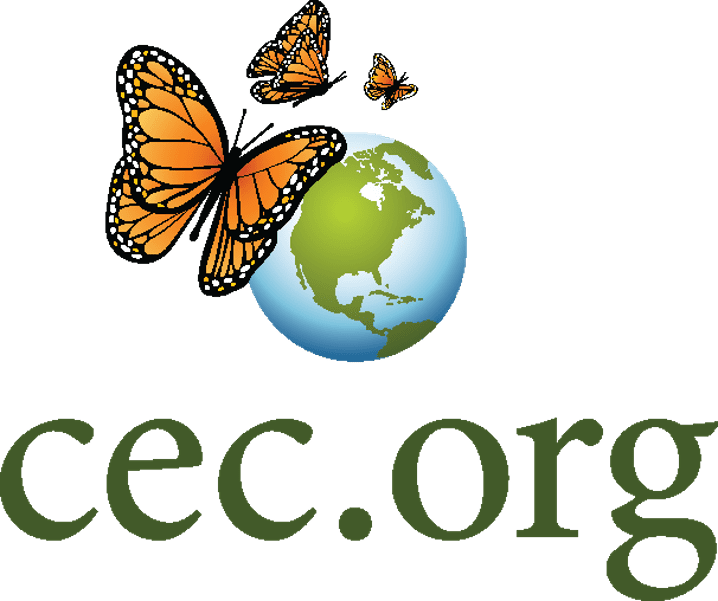
The meeting was opened with a guest-presentation by Georgina O’Farrill and Lucie Robidoux of the Commission for Environmental Cooperation (CEC). The CEC is an intergovernmental organization, facilitating collaboration and public participation to foster conservation, protection and enhancement of the North American environment for the benefit of present and future generations, in the context of increasing economic, trade, and social links among Canada, Mexico, and the United States. The CEC has completed several important projects working closely with communities to improve and restore the integrity of terrestrial and marine ecosystems, and enhance rural and urban environments. With regard to pollination, the CEC has completed a project on the conservation of Monarch Butterflies in 2018.
As Georgina O’Farrill pointed out during the presentation, pollinators are crucial to food security, natural ecosystems, human well-being and livelihoods in North America. However, many pollinator populations are in decline, and there were no cooperative efforts to address this at the regional level. Following this, in 2019 the CEC launched a project concerning the conservation of pollinators, called Strengthening regional pollinator conservation to secure local benefits, aiming to foster trilateral coöperation. In this project, the CEC is bringing together organizations across North America that work on pollinator conservation and is supporting collaborative actions. In addition, the CEC is compiling information on pollinators and their socio- economic and ecological benefits in North America, using existing information sources and through case studies, to inform decision-making. This information will be bundled in the first North American Pollinator Conservation Framework. In this way, the CEC works on creating an active network of experts, communities and all levels of government in which knowledge is shared and the benefits of pollinators are promoted.
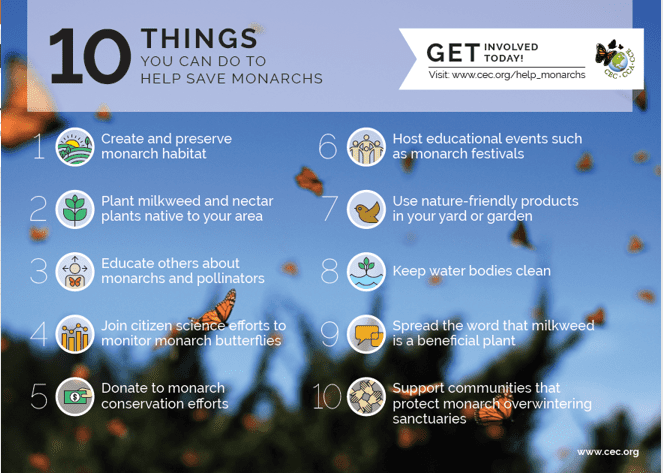
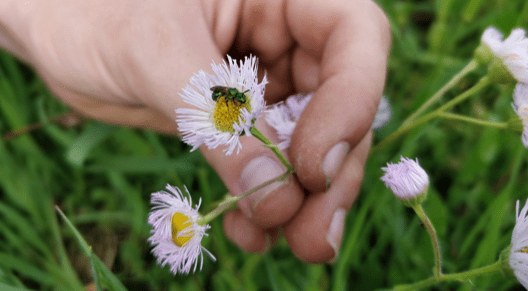
European Union – An update on the EU Pollinators Initiative
Following the presentation by the CEC, mr. Stefan Leiner of the European Commission gave a presentation on the progress made within the EU Pollinators Initiative.
On 1 June 2018, the European Commission launched the EU Pollinators Initiative. The Initiative sets strategic objectives and a set of actions to be taken by the EU and its Member States to address the decline of pollinators in the EU and contributes to global conservation efforts. It sets the framework for an integrated approach to the problem, and a more effective use of existing tools and policies. The initiative sets actions under three priorities:
- improving knowledge of pollinator decline, its causes and consequences;
- tackling the causes of pollinator decline;
- raising awareness, engaging society-at-large and promoting collaboration.
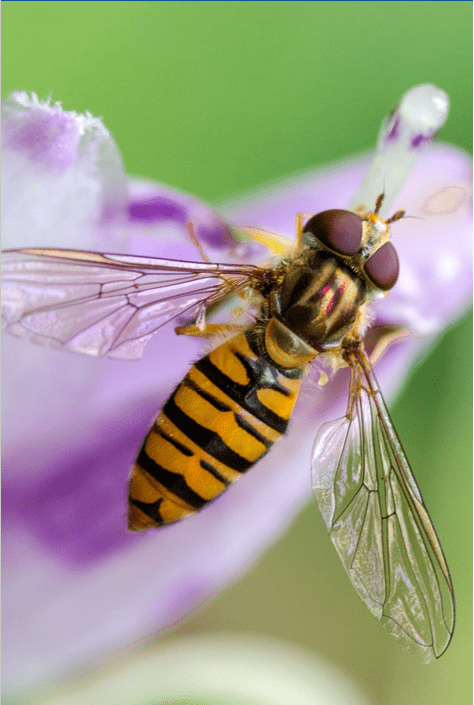
Stefan Leiner explained that the EU has started research on pollinator decline, but also works to indicate the factors impacting decline. Form these data experts are indicating what is needed to reverse this in terms of extra research and/or policies. Nature legislation is currently protecting a lot of habitats, which led to the idea of developing EU legislation on agriculture and on pesticides as well. In addition, one of the aims of the EU is to organize collaboration with businesses and citizens, and to develop platforms where available information can be shared. With respect to the latter, Leiner mentioned that the European Commission itself does not have the capacity to do all the work themselves, and that therefore, they are working with calls. Currently, the last are being finalized.
However, the work in the EU Pollinator Initiative is in full swing, Leiner explained. Most progress has been made with regard to monitoring. A working group of 20 top experts from all around the EU member states are currently working on a EU pollinators monitoring scheme. Also on the 28th of November, parallel to the Members’ Meeting, the experts were presenting the first findings on this scheme in Brussels. The idea is that, once it is ready and we know how we are going to evaluate pollinators, this scheme will become a mandatory indicator in how member states evaluate the results of their common agricultural policy.
Also, the EU is close to finalizing two action plans on habitat types that are particularly relevant for pollinators. The EU is also bringing together those people who deal with the management of the EU network of protected areas, Natura 2000, and pollinator experts. They together discuss how we can make sure that the management of protected areas is pollinator friendly. The EU also followed up on the announcement that they continue to use and enhance the research programme called Horizon 2020, and a call was launched recently for continuing research on the situation of pollinator decline and more. In addition the EU is working on the development of monitoring schemes in agricultural landscapes. They are bringing these two together to make sure that wider monitoring of biodiversity is combined with pollinator specific monitoring.
The European Parliament is about to adopt a resolution on pollinators, welcoming the commission, but also asking them and the member states to do much more. In Europe, the topic of pollination is of high interest, and there are even some citizen initiatives on the European level. Also the EU will soon adopt some preparatory options, enabling the commission to do certain extra work, such as following up on the monitoring scheme for butterflies. Even the European call of auditors is interested in the activities of the European Commission, and is now working on a report and an audit on pollinators, trying to find out if the EU’s policies are coherent with each other and and that the commission has the means to implement the intended actions.
In december a new commission will be installed, which emphasizes that the EU should address the environment and climate change. This will mean further emphasis on the Green Deal, and a big role for these topics in the new 2030 biodiversity strategy. In this context pollinators will have a prominent role as well. In March 2020, the European Commission will organize a conference where the first results of the European Pollinators Initiative are presented. An evaluation of the work done is scheduled for the end of 2020.
Discussion on the organizational model
After the presentations of CEC and the EU, the participants to the meeting together discussed the draft documents considering the organizational model of the coalition, which were sent out prior to the Members’ Meeting. Up for discussion were the Mission statement, Agreements, the Post 2020-framework and Promote Pollinators’ Strategy and working plan.
Sign-Up Session
Also on the 28th of November, from 18:00-19:30, Promote Pollinators warmly welcomed two of its newest members during a Sign-Up Session. Morocco and Switzerland, who joined the coalition earlier this year, presented themselves and explained their motives. Representing Morocco was Dr. Rachid Mrabet, director of research at INRA. Switzerland was represented by Head of the Swiss Delegation Mr. Norbert Bärlocher and Eva Spehn of the Swiss Biodiversity Forum. At the end of the meeting, the secretariat presented Promote Pollinators’ new website. The meeting was hosted by Mrs. Frederieke Quispel, Deputy Head of Mission of the Netherlands embassy in Ottawa.
